I recently poured over F5’s “The State of Application Delivery in 2015” and InformationWeek’s “2015 App Dev Priorities Survey” that they presented with Dr. Dobb’s. The similarity of their titles, and even their release dates made me wonder how unique each of their findings would be, and I challenged myself to flush out any interesting findings or patterns that emerged from their collective research.
Both reports were really well done, and I would recommend them to anyone looking to see if your organization is on the right path of change, or to anyone who knows you’re not on the right path, but you’re willing to get on it—if you could just figure out where it is.
Both surveys show that one path growing in popularity is that which leads to DevOps—well, the results that successful DevOps initiatives bring are growing in popularity. Survey responders weren’t quick to credit DevOps with their accelerated deployments, while others claimed to be doing DevOps.I hate to break it to them, but it sounds like anything but DevOps. More on that later.
F5’s broke their State of Application Delivery into 4 sets of key findings, all of which DevOps connections are easy to make:
- Application availability is priority #1
- Security remains top of mind for customers
- Programmability is vital to business agility
- Software defined networking must reduce operating expenses
DevOps principles and practices directly relate to application availability, programmability, and business agility; DevOps guru Gene Kim spoke to this with us just last year.
F5 nailed it later in the report when they pointed out:
The drivers behind interest in SDN and DevOps clearly speak of a desire to leverage automation and orchestration that’s enabled by programmability to improve time to market and reduce operating expenses.
What’s surprising is that when F5 asked their audience “which technologies do you expect to have strategic importance over the next 2-5 years?” DevOps came in dead last with only 17% of the vote. Sure, there were some other heavyweights (mobile, cloud, big data, etc.) in the list, but this makes me wonder how many of the survey takers are “doing” DevOps and don’t know it, or more likely, they’re just calling it something different.
InformationWeek’s App Dev Priorities Survey asked survey responders for the current “top driver for new app dev technology.” At 33% and 27%, the top two responses were “How effective IT will be at improving IT service, and “line of business requirements.” Both of those answers are absolutely drivers behind DevOps initiatives and have been named as such by VPs of app development, heads of IT and business executives alike.
Later in the survey, responders were given a list of activities and asked which made a “major improvement” to their development timelines. The top three responses by a considerable margin were “automated testing,” “automated deployment,” and “agile development.” While none of those are DevOps on their own, they sure start to resemble it when you group them together.
While F5 didn’t include specific numbers as to the percentage of those currently doing DevOps, or even those who had plans to, InformationWeek’s 32% who are already practicing was somewhat bittersweet after delving further into their report.
When asked, “what level of participation do your developers have in DevOps activities?” 29% said that their developers are involved every step of the way. We may still not have a universally agreed upon DevOps definition, but most would agree that even the vaguest definition would involve some level of collaboration and communication between both dev and ops. However, some answered the above question:
- Occasionally they’re call in to help, but operations mostly has it covered (13%)
- Our developers do all DevOps, with operations advising (11%)
- Our developers do not participate in DevOps (5%)
Only 26% replied that they had not yet begun DevOps, but I’m afraid the answers above arguably bump that number up by about 29%.
Looking for help with your own DevOps initiative? Click here to download exclusive research from Gartner, “Seven Steps to Start Your DevOps Initiative.”
